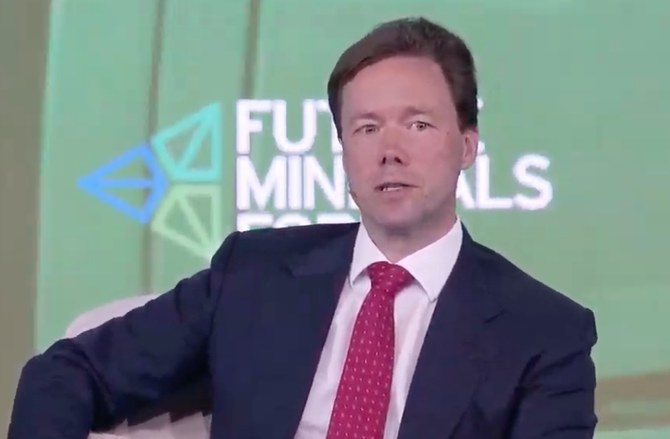
In a meeting with Abdullah, Indian Prime Minister Narendra Modi expressed commitment to a ‘permanent cease-fire’ in Afghanistan
Experts say New Delhi is becoming more open to dealing with the Taliban as Afghanistan’s new political set-up may include them in the government
NEW DELHI: Afghanistan’s top peace negotiator, Abdullah Abdullah, said India could play a “vital role” for peace in Afghanistan, as he met Indian Prime Minister Narendra Modi on Thursday.
Abdullah, chairman of Afghanistan’s High Council for National Reconciliation, arrived in New Delhi on Wednesday for a three-day visit at Modi’s invitation, as peace talks between Afghan government and Taliban negotiators continue in Doha, Qatar to strike a power-sharing deal and end decades of conflict.
“India can play a vital role in establishing lasting peace in Afghanistan and the region,” Abdullah said in a statement.
“India has shown support to the first direct engagement between the Afghan government and Taliban, while underlining its concerns about possible use of Afghan soil for violence against others,” he said.
During the meeting, Modi expressed India’s commitment to a “permanent cease-fire” in Afghanistan. The cease-fire has been a major sticking point in the negotiations between the Taliban and Kabul, as Taliban offensives have continued even since the talks started on Sept. 12.
“The prime minister reiterated India’s commitment toward sustainable peace and prosperity in Afghanistan and welcomed efforts toward a comprehensive and permanent cease-fire in Afghanistan,” India’s Ministry of External Affairs said in a statement.
Abdullah’s visit comes at a time when India for the first time has been invited to take part in the Afghan peace process. Some experts say that New Delhi is even becoming more open to dealing with the Taliban as Afghanistan’s new political setup may include them in the government.
“India can be expected to be more open in dealing with the Taliban but that will depend on a case-by-case basis, depending on the interlocutors and the subject,” Anand Arni of the Bangalore-based Takshashila Institution told Arab News.
“I am sure Abdullah would be briefing India that Indian concerns will be engaged with in its discussions with the Taliban,” said Arni, who for more than three decades worked with India’s external intelligence agency, the Research and Analysis Wing (RAW)
“Afghanistan would like India to be supportive of its position. And to continue with its assistance in the event that there is an agreement. Abdullah would take New Delhi into confidence about the state of play, his concerns, assurances conveyed by Pakistan.”
India has a $3 billion development commitment in Afghanistan, whose strategic partner it has been since 2011. It also trains the Afghan National Army (ANA).
According to India’s former ambassador to Kabul, Amar Sinha, New Delhi has a significant role to play in Afghanistan’s future.
“Given India’s stake and equities in Afghanistan, and its friendships that cut across the spectrum in Afghanistan, I believe India has a significant role to play in advising and counselling unity and creating a common platform that represents the aspirations of a new Afghanistan,” he said.
Sinha added that India had always been “willing to support and follow Afghanistan’s lead” in the peace process. He said that while he did not see “a fundamental shift in India’s position” toward the Taliban, it will support “efforts to reintegrate Taliban into the mainstream Afghan society.”
“Preserving the unity and sovereignty of Afghanistan is key to any negotiation and likely outcomes. India will support these objectives,” Sinha said, adding that New Delhi would also need to ensure that “external actors and agencies do not act as spoilers.”












